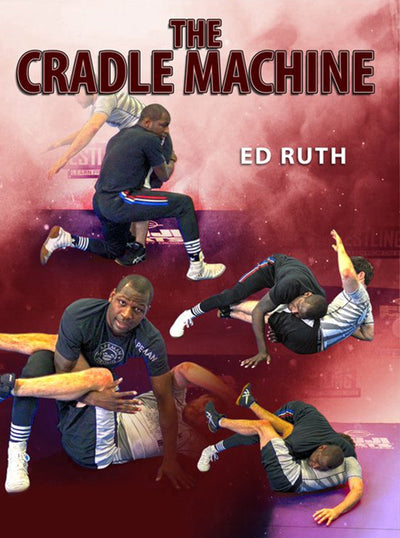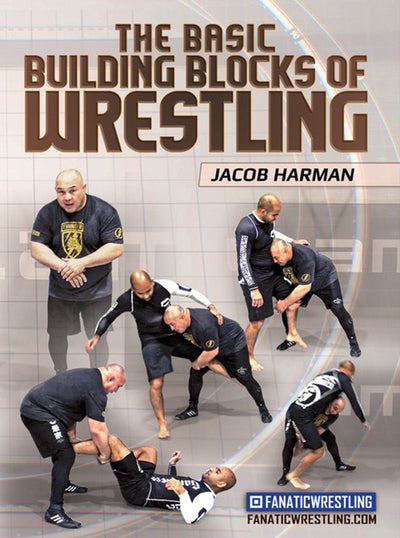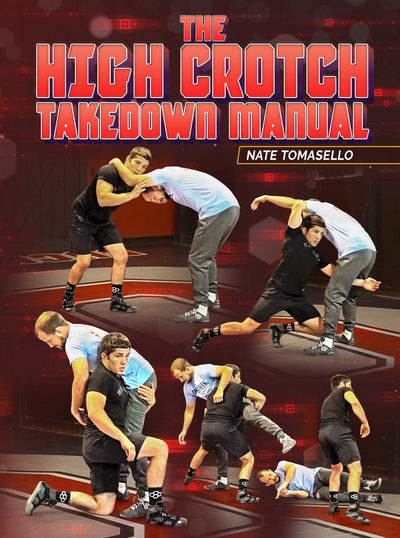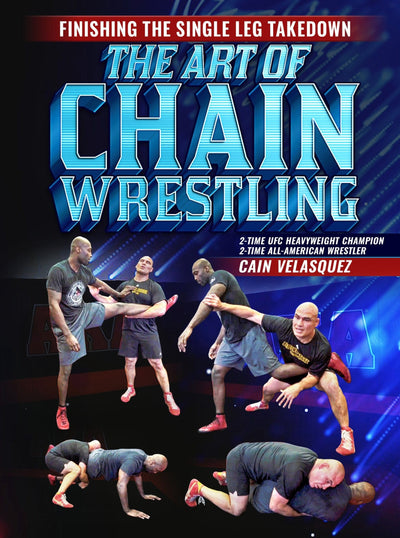Exploring the Origins and Uniqueness of Folkstyle Wrestling
Wrestling, a sport steeped in tradition and history, has evolved into various forms across different cultures. One such iteration is folkstyle wrestling, which has a distinct place in the tapestry of wrestling styles. Understanding its origins, nuances, and celebrated practitioners sheds light on the sport's diversity and complexity.
Get the best wrestling resources at FanaticWrestling.com!
Wrestling, often considered among the oldest forms of physical contests, boasts a history that spans centuries and cultures. Wrestling's origins date back to ancient civilizations, with evidence of wrestling found in various forms across Mesopotamia, Egypt, and ancient Greece. While pinpointing an exact date for the invention of wrestling is challenging due to its ancient roots, its presence in historical records showcases its early existence. Folkstyle wrestling, specifically, began to take shape in the early 19th century in the United States, primarily evolving within collegiate and scholastic environments. Diverging from competitive wrestling, pro wrestling emerged in the late 19th and early 20th centuries as a form of entertainment, characterized by scripted storylines and theatrical performances. Ancient Roman wrestling, known as "Pancratium," was a blend of wrestling and boxing and was part of the Olympic Games, showcasing the sport's prevalence in ancient societies. Georgian wrestling, deeply rooted in the cultural heritage of Georgia, traces back centuries, signifying the sport's enduring presence across diverse cultures. While claiming wrestling as the oldest sport remains a debated topic due to the ambiguity surrounding its inception, its historical significance and widespread practice across civilizations affirm its status as one of the oldest and most enduring forms of athletic competition.
What is Folkstyle Wrestling?
Folkstyle wrestling, predominantly practiced in the United States, traces its roots to the early 19th century. It is characterized by a set of rules and techniques distinct from traditional and freestyle wrestling. Folkstyle wrestling emphasizes control, grappling, and mat-based techniques, requiring wrestlers to excel in both offensive and defensive positions.
What Sets Folkstyle Wrestling Apart?
The key distinctions in folkstyle wrestling lie in its ruleset and approach. One significant difference is the focus on control and riding time, rewarding wrestlers for maintaining dominance over their opponents on the mat. Additionally, folkstyle wrestling places greater emphasis on scrambling and working for takedowns and escapes from various positions, encouraging a more strategic and tactical approach to the sport.
Notable Figures in Folkstyle Wrestling
Numerous iconic wrestlers have left their mark on folkstyle wrestling. Names like Cael Sanderson, renowned for his undefeated collegiate career and Olympic gold medal, stand out as legends in the sport. Dan Gable, known for his unparalleled dominance in both wrestling and coaching, is another prominent figure who revolutionized folkstyle wrestling with his aggressive and technically sound approach.
Moreover, wrestlers like Kyle Dake, Logan Stieber, and David Taylor have carved their names into the annals of folkstyle wrestling history with their exceptional skill sets, multiple NCAA titles, and contributions to the sport's evolution.
The Evolution of Folkstyle Wrestling
Throughout its history, folkstyle wrestling has undergone refinements and adaptations, contributing to its current form. Its prominence in collegiate and scholastic settings has fueled its growth and popularity. The sport continues to captivate audiences and produce remarkable athletes, cementing its status as a fundamental and cherished aspect of American wrestling culture.
Get the best wrestling resources at FanaticWrestling.com!
In conclusion, folkstyle wrestling, born out of historical contexts and refined over centuries, remains a distinctive form of wrestling, celebrated for its technicality, strategy, and the legacy of its iconic practitioners. Its evolution and enduring popularity affirm its place as an integral part of the diverse and vibrant world of wrestling.
Did you find the blog helpful? If so, consider checking out other guides:
- New Japan Pro Wrestling's Stardom and Schedule
- Unveiling the Birth and Rise of AEW Wrestling
- Wrestling Conditioning
- Pro Wrestling Workouts
- Wrestling Warm Ups
- Wrestling Cardio Workout
- Wrestling Off-Season Workouts
- Wrestling Workouts for Speed
- Mastering Wrestling from a Seated Position
- Explosive Workouts for Wrestling
- A Professional Wrestler's Workout and Instructional Guide
- Big Versus Small Wrestling
- Differences Between Jiu Jitsu and Wrestling
- Muay Thai Versus Wrestling
- Martial Arts vs Wrestling











